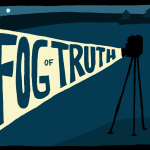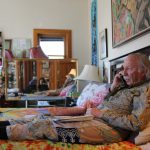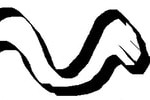Criterion Daily: Scorcese and Schrader, Ghatak and Godard
This year’s Slamdance opened with Lynne Sachs’s Film About a Father Who, an exploration of familial bonds and tensions. The film will screen on February 11 as part of MoMA’sDoc Fortnight, and Ira Sachs, Lynne’s brother and the director most recently of Frankie, calls Film About a Father Who “one of Lynne’s most searingly honest works.”










